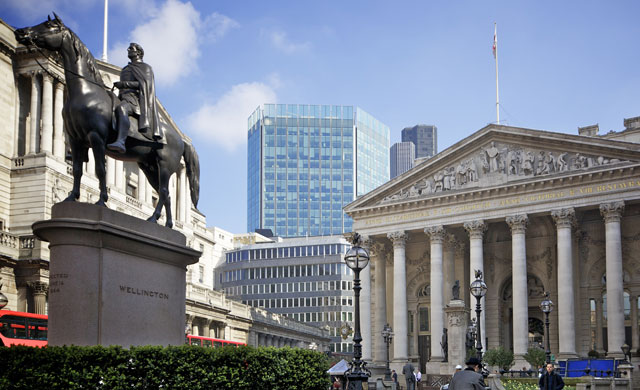Ahead of the UK’s 2013/14 financial budget we ask Vince McLoughlin, Partner at business & tax advisory firm Russell New, for his thoughts on what Chancellor George Osborne should be announcing on Wednesday.

– Capital Allowances – why not give businesses certainty in their investment decisions and maintain the allowance indefinitely?
– Pension relief – what about the middle income earners?
– Cutting VAT on building projects to stimulate the industry.
Capital allowances
“The two year increase in the annual investment allowance to £250,000 announced at December’s Autumn Statement was welcome, but why not give businesses certainty in their investment decisions and maintain the allowance indefinitely? I suspect that the single measure that large businesses want to see in the UK tax or regulatory system is greater relief on capital investments. Such relief could create thousands of jobs and provide a stimulus for growth. We need to get businesses investing again and provide them with more generous investment allowances. There are many companies out there that are delaying investments until they see what’s happening with the economy. Why not help them see now? With greater relief, small and medium-sized companies have an incentive to make these crucial investment decisions. By doing so, we can slowly start to build the platform to get Britain back up to a AAA rating.”
Pension relief
“People could now be forgiven for suggesting that investing in a pension to secure financial independence for retirement is actually a bad thing. Are we encouraging or discouraging pension provision? The cut in the annual allowance to £40,000 in 2014-15 will affect several hundred thousand people, including those in the public sector – and the cut in the lifetime allowance to £1.25 million reduces by about £15,000 the pension that can be paid without a special tax levy. Yet this has been portrayed as an attack on the wealthy. What about the middle income earners? The restriction to £40,000 will impact this much larger demographic. It is a big risk but pensions do seem to be an easy target when looking at tax raising measures.”
VAT on building projects
“There is a simple solution to help stimulate growth in the building industry; cut VAT on conversion and extension projects. This would also take care of that well-documented problem earlier this year – the competitive advantage of the cash-in-hand cowboy builders. It would stimulate the construction industry and encourage homeowners to invest in the measures needed to make the building industry more efficient. And let’s not forget; it has the potential to stimulate activity to such an extent that overall tax revenues to the Treasury could go up thereby having a positive impact on the economy and reducing the deficit of undeclared cash payments which so often occurs in the building trade. The building industry is one of those that suffers most in a recession. Reducing VAT on conversions and extensions will boost its prospects for the year and beyond.”
Vince McLoughlin is a Partner at business & tax advisory firm Russell New.


 Hot Features
Hot Features













